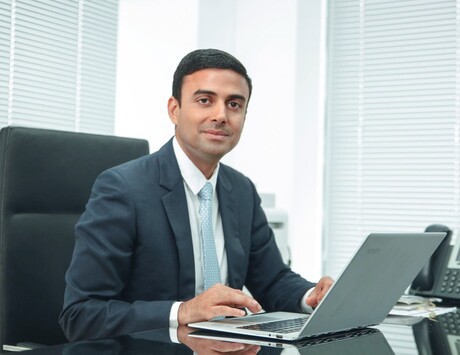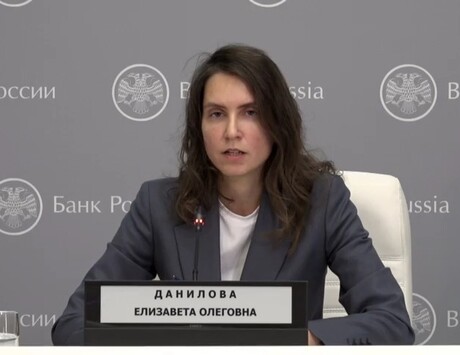Evgeny Lebedev has warned that phone hacking and other abuses ofpress freedom could lead to a new regulatory regime that would "not look out of place in the dark, totalitarian days of my native Russia".
Lebedev, the chairman of the Independent and the London Evening Standard, said in a speech on press freedom at Oxford University that the media had to act "responsibly" or it would do society a "terrible injustice".
The son of Alexander Lebedev, the owner of the Independent and Evening Standard, touched on the issues of phone hacking and alleged payments to police.
He said there was "too much trivialisation" and "tittle tattle" in the UK press. "When that meaningless trivia is procured via illegal means, we are on a slippery slope as this becomes the accepted standard or norm," he added.
"We must be wary of abusing our freedom, which could result in losing that very same freedom. We know we must be alert to preserving press freedom when the leader of the opposition [Ed Miliband] calls for a public inquiry into press behaviour.
"This has called into question the suspicious actions of the police in leaking private information and their close involvement at the highest levels with media companies.
"It has also been suggested that officers have received payment for such information. This is murky and very serious and sadly reminds me of the corrupt practices in my homeland.
"We cannot allow this kind of corruption to pave the way for the suppression of the fundamental right to express views."
Lebedev said everything boiled down to one word – "responsibility" – which the press needed to "practice diligently".
"If we slip up, the judges and politicians will enforce the restrictions that will not be so different from those in regimes where there are institutional straitjackets, preventing the freedom to report," he added.
"We cannot allow our hunger for a story about a celebrity to produce a system that would not look out of place in the dark, totalitarian days of my native Russia."
Lebedev, who revealed he has just received a British passport, was delivering the inaugural lecture of the Gorbachev lecture series on press freedom.
He said responsibility involved "voluntary restrictions", adding that newspaper owners "on the whole" should not interfere with the editorial content of their newspapers.
But he said the controversial use of superinjunctions meant the "rich and powerful" could use gagging orders to prevent legitimate questions being asked about their behaviour and possible abuse of power.
"Is it mere coincidence that while the phone-hacking affair has been moving apace, the judges have taken it upon themselves to issue blanket, stifling super-injunctions – protecting celebrities?" said Lebedev.
"The danger here is that the rich and powerful – not only actors, pop singers and sports stars – can use this protective legislation to prevent bona fide inquiries into their behaviour and possible misuse of their positions. That is a mistake to be avoided.
"To comfort the afflicted and afflict the comfortable is one definition of a vigilant press. We need to fight the suppression of this free flow of information, yet, stay firmly within the boundaries of the law."
On phone hacking, Lebedev said: "This theft of information by dark, murky methods is not journalism, of which I or my newspapers want any part of. The journalists involved behaved irresponsibly, rashly and recklessly, forsaking their duty of care.
"Unfortunately, their dereliction of duty brings all the press into disrepute. It invites a crackdown of enforced Draconian laws and threatens our much-valued press freedom."
He said the "illegal intrusion into the private lives of celebrities, politicians and members of the royal family have already seen a reporter and private investigator jailed. This may be just the beginning."



